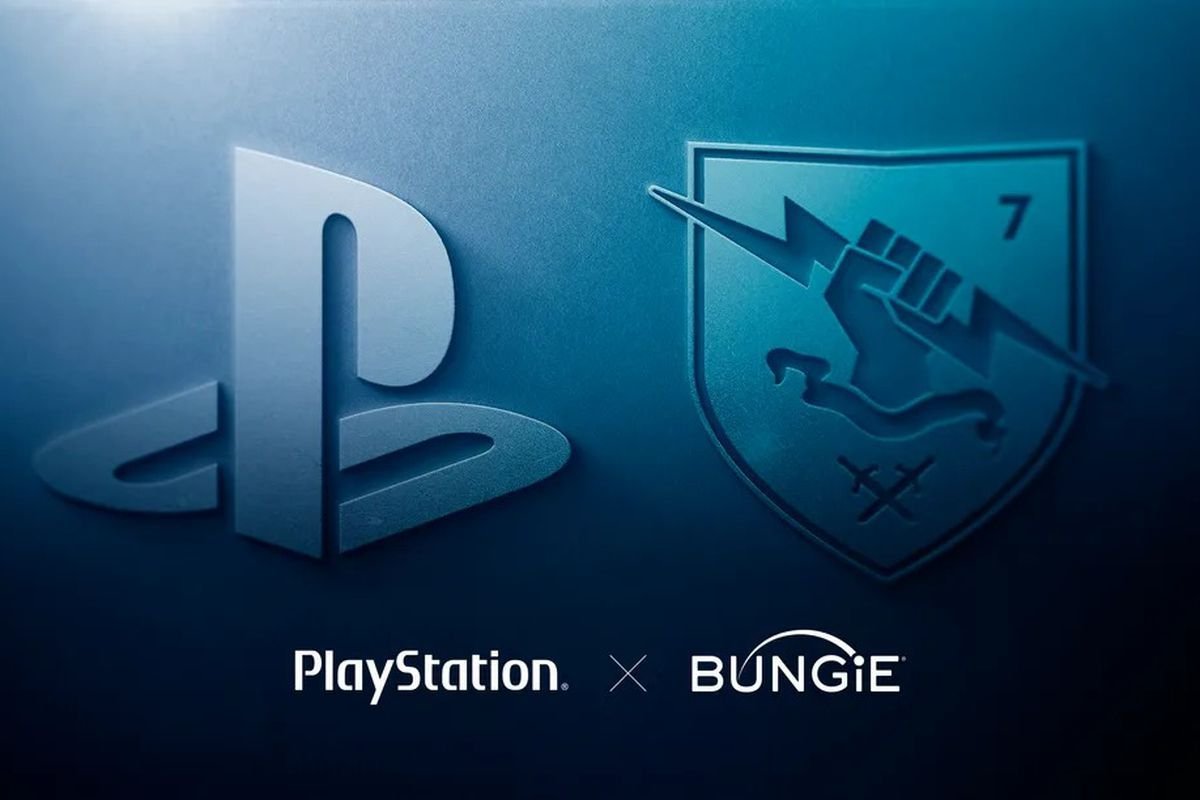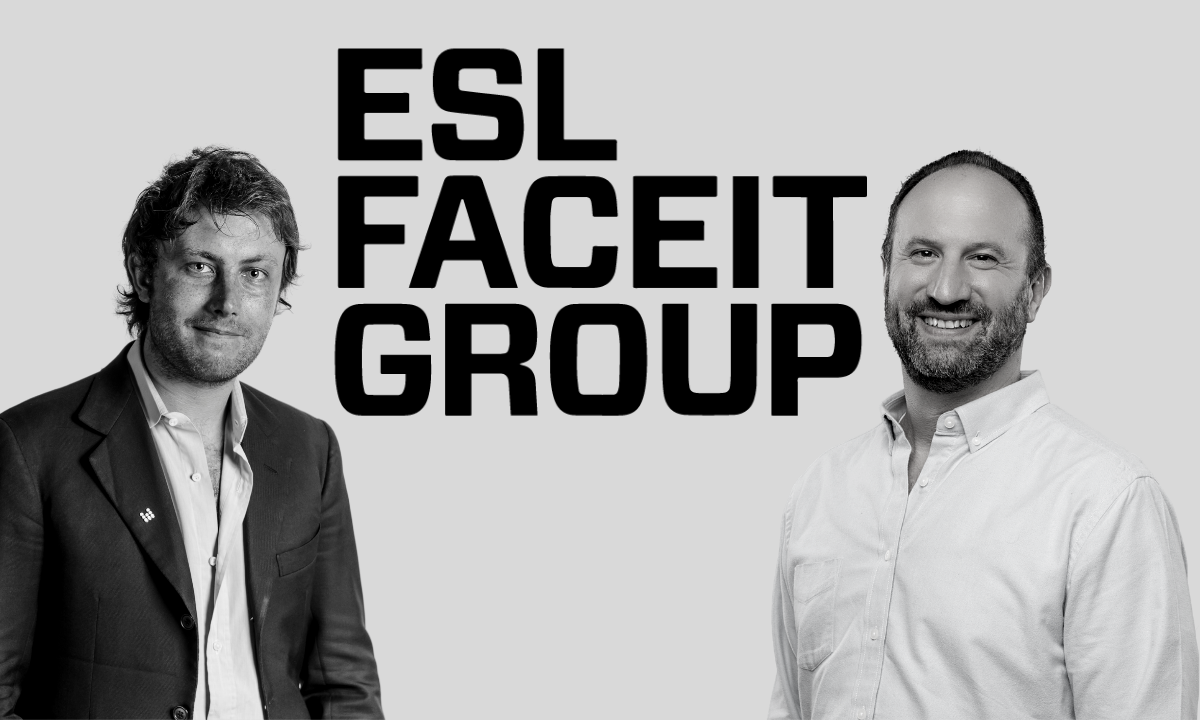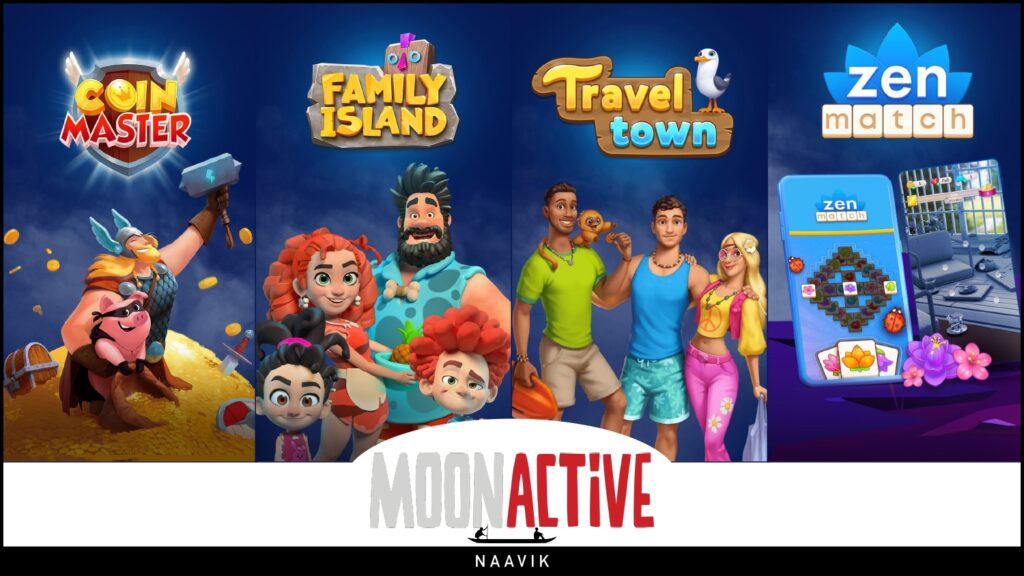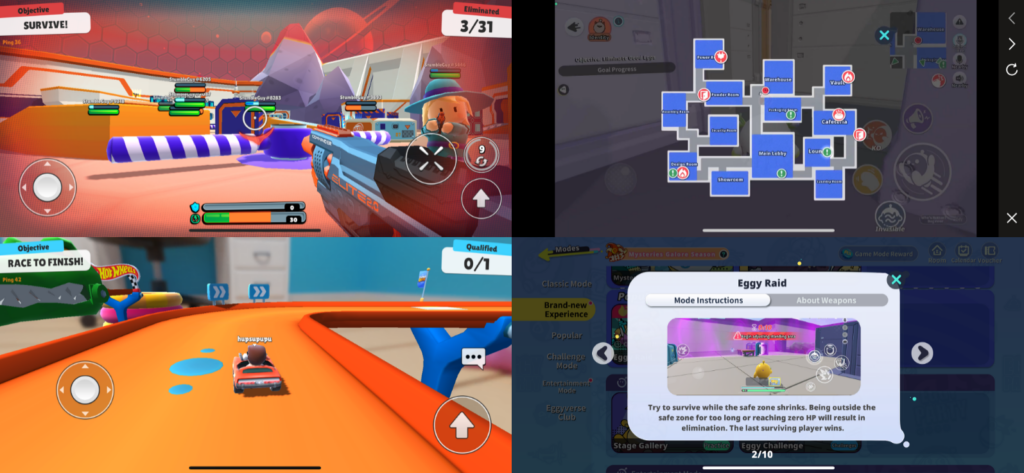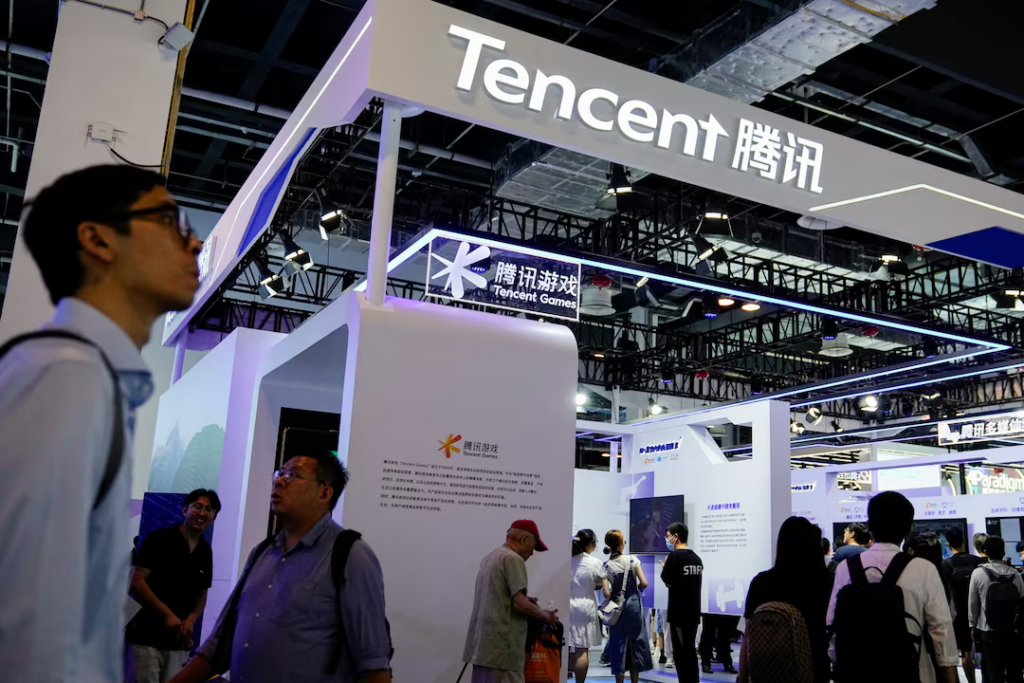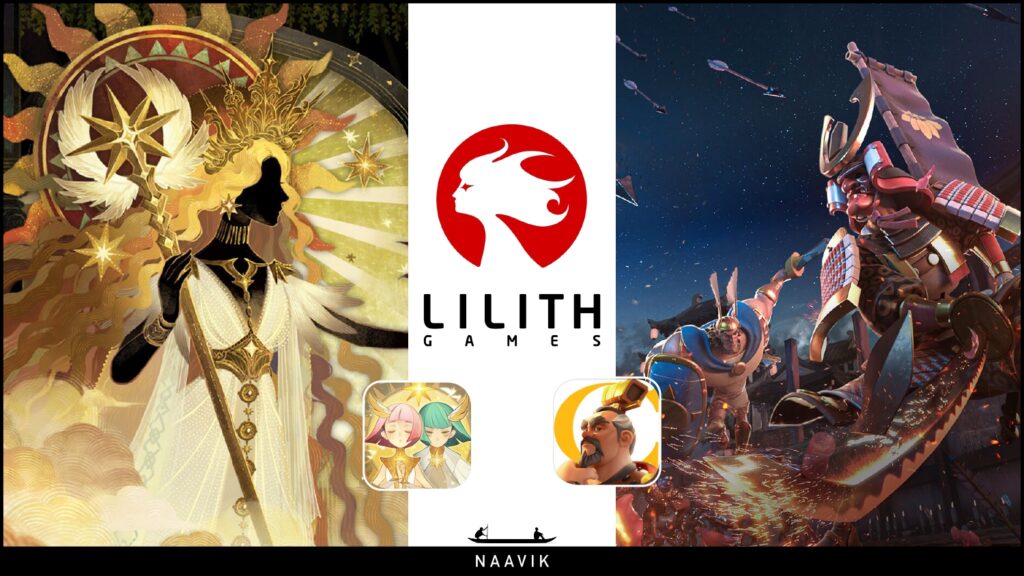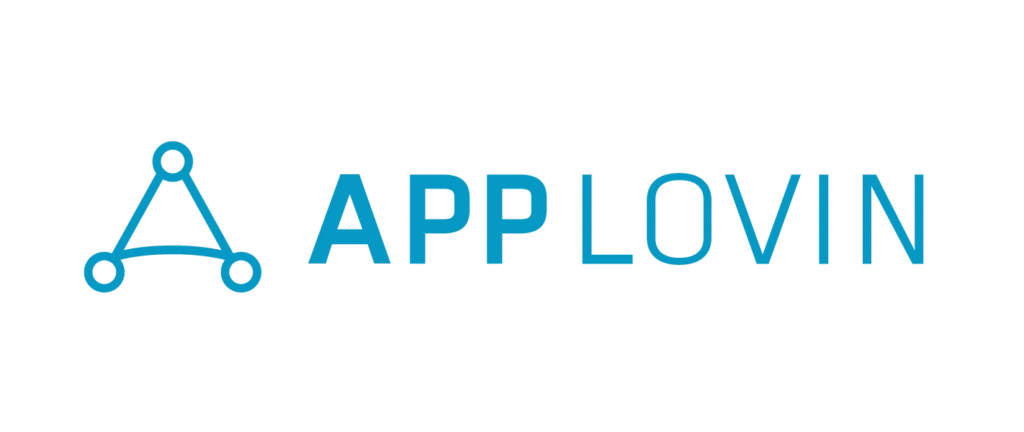Hi Everyone. Welcome back to another issue of Master the Meta. Last Sunday's most popular links included: Digiday's piece on Turkey's rise in mobile gaming, Matej Lancaric's piece on UA in a post-IDFA world, and EuroGamer's piece on the rise of the Taiwain indie scene. With that, let's jump into Wednesday's issue.
The Rise of Play-To-Earn Gaming Guilds (Ft. YGG and BAYZ)
Play-to-earn Gaming Guilds are Decentralized Autonomous Organizations (DAOs) that buy game assets (usually yield-earning NFTs) and loan them out to guild members through scholarships. Because of their size and rapid growth, they have a significant impact on how blockchain games are designed and where the industry is going.
In this Metacast Crypto Corner episode, Gabby Dizon - Co-Founder @ Yield Guild Games and Matt “MobileMatt” Rutledge, Co-Founder @ BAYZ, join your host Nico to take a deep dive into how these guilds work. They discuss:
-
P2E Gaming Guilds and Their Tokenomics
-
How they choose games to invest in
-
The Future of Gaming & Web3 distribution
If you would like us to discuss any other blockchain gaming-related topics, do reach out at [email protected]. We’d love to hear your general thoughts and feedback too! As always, you can find us on Spotify, Apple Podcasts, Google Podcasts, our website, or anywhere else you listen to podcasts.
#1: Sony to Acquire Bungie for $3.6B
Source: The Verge
In last week’s edition, I wrote: “In response to Xbox's growing ecosystem, this year Sony will reveal PlayStation's tiered subscription ambitions, and they will announce one or two multi-billion dollar studio acquisitions (likely targeting big and diverse AAA IP — perhaps Ubisoft or Square Enix).” It took one day for (part of) this prediction to come true!
On Monday, Sony announced that it is acquiring Bungie — the maker of Destiny and the original creator of Halo — for $3.6 billion. Given Bungie’s ~900 employees, this equates to approximately $4 million in value per employee — not bad! For those keeping track, Bungie has now been part of Microsoft (2000-2007), developed under Activision (2010-2019), and remained independent for short stints in between. The have now found a new home, joining the “other team” in Sony.
It looks like a mostly straightforward deal, but let’s walk through a few snippets of detail from the press release:
First, “Bungie will be an independent subsidiary of Sony Interactive Entertainment (SIE) and run by its Board of Directors chaired by Pete Parsons and Bungie’s current management team.” This is no surprise, although it’ll be interesting to watch the relationship evolve over time. After all, Bungie doesn’t exactly have a great track record of successful relationships with its parent companies and publishers. Will this time be different? History often rhymes, but we’ll have to wait and see.
Second, Sony said: “Bungie will … maintain the ability to self-publish and reach players wherever they choose to play.” For starters, we know that Destiny 2 will stay multi-platform and continue to serve gamers where it already exists. It also means that Sony will continue to lean more into a cross-platform strategy, which is already starting to succeed with its ports of games like God of War and Days Gone to PC. Plus, the deal brings more exposure to free-to-play, ongoing live ops, and shooters — all areas where Sony has limited proprietary exposure to today but can drive growth for the future. The part that’s a bit less certain is how Bungie’s new games will be treated. The messaging makes it sound like PlayStation will let Bungie publish its future games anywhere, but surely there’s a strategic element here that will also better strengthen the PlayStation ecosystem. Will future games be PlayStation exclusives? Will Destiny be roped into PlayStation’s subscription service? This is the big question to keep an eye on.
Third, the press release also says: “with SIE’s support, we will propel Bungie into becoming a global multi-media entertainment company.” One of Sony’s competitive advantages — given its Sony Pictures and Sony Music arms — is that it can deftly support transmedia projects. For example, the Uncharted movie is coming out soon and a The Last of Us TV show is in the works. I’m skeptical Destiny would succeed as a transmedia property, but there’s certainly precedent to explore here.
Lastly, it’s important to remember that even though industry consolidation is accelerating, this is one of many deals Sony has made in recent times. It won’t stop here. Sony acquired several studios in 2021 and now has 17 under its wing (for comparison, Microsoft will have 30 when the Activision deal closes). Additionally, Sony hasn’t been shy to strike notable partnerships. As I wrote in May, “Sony invested $400M into Bilibili last year. Bilibili already operates a successful Fate/Grand Order mobile game (licensed from Sony) in China and will likely bring more of Sony’s anime/comics IP to mobile and elsewhere in the years to come. Also, Sony recently announced a strategic investment in Discord, which will integrate with PlayStation next year.” Not to mention they have incredible access to IP through services like Crunchyroll and Funimation.
In summary, Sony may have less financial firepower than Microsoft, but unsurprisingly it will still be a mover-and-shaker as the industry continues to consolidate. The battle for IP is escalating, which will have direct future impact on how future consoles are sold, subscriptions scale, franchise ecosystems form, and how the industry will morph in the years to come. These mega-deals likely have been in conversation for multiple months, but with a decreasing number of independent game studios who fit this standard of AAA IP, we may see more the remaining few get snapped up soon as well. This year has truly started out with a bang, and even though this M&A frenzy is unsustainable it still leaves me wondering “who’s next”? (Written by Aaron Bush)
#2: MTG sells ESL to Savvy Gaming Group for $1B
Source: EsportsInsider
In a relatively large deal, Modern Times Group (MTG) sold esports tournament operator ESL for $1B to Saudi’s Savvy Gaming Group (SGG). It was also reported that they would acquire FaceIT for $500M, and are expected to merge the two into ESL FaceIt Group.
First, a bit of history on MTG: the company’s specific strategy and assets owned has shifted over time: they were into TV, magazines, radio, and content holistically. In recent years they leveraged a PE-esque strategy of spinning off businesses. As of last week, the business consisted of two key segments:
-
Esports — ESL Gaming, which holds the brands of ESL and Dreamhack. Notably, esports revenue represents lower margins, faced severe headwinds during covid, and the Dreamhack merger didn’t unlock any substantial synergies. In 2015, MTG bought 74% of ESL for $74M euros and Dreamhack for $28M. So that’s essentially a 10x return in seven years.
-
Studios — The other part of the business is the more traditional games part. Over the years, they purchased older brands like Kongregate, InnoGames, Hutch, and Ninja Kiwi.
Given the margin profile and relative premium on M&A in games, it makes sense for MTG to sell ESL. For reference, esports as an industry only made ~$1B in revenue in 2021. Considering the size of the industry as a whole, this is a massive bet by Savvy Gaming Group that esports will grow substantially. While the business has been an eclectic arrangement of a variety of SKUs, for MTG the important takeaway is that this $1B sale will provide them with capital to deploy in new directions — the sale unlocks value for MTG. I predict they’ll refocus around gaming and add more studios. They’ll continue to lean into the consolidation going on across the games industry.
The other part of the deal is FaceIT. For those who aren’t familiar, FaceIT is a relatively early stage esports platform offering anti-cheat services, matchmaking assistance, and skill progression stats to players — which creates a very interesting combo that wouldn’t have existed without this deal. ESL has a large audience of passionate gamers and FaceIt has complementary services to this. The cross-sell and potential synergies will be interesting to track.
Overall, the deal is a great exit for MTG and provides an interesting new esports tournament mega-structure that will lend itself to cross selling the combined services. All this said, it’s not what SGG’s goals are in the long-term. While an important part of the industry, esports is a notoriously small part of the industry’s revenues. Further, Saudi has a fraught history with esports, with two notable examples being Riot Games & BLAST Rising. It’s interesting that Saudi is so dialed into esports (and my guess it’s largely associated with tourism goals), but the combined entity of FaceIt and ESL will likely be run independently from their sovereign fund. (Written by Kerry Waananen, Head of Multimedia Content at Esports Insider)
📚 Content Worth Consuming
2022 Predictions #1 The King is back, Merge overheats and Hypercasuals falter (DoF): “We predicted that it would be the game genres that rely on whale monetization that would suffer the most in the post-IDFA era. What happened is that all categories in the Western markets declined in terms of downloads while the revenue growth continued. Both Casino and Mid-core games saw a considerable drop in downloads that will likely reflect in the revenues of these categories during 2022. Sports games declined largely due to big IP racing games (ex. Mario Kart) failing to sustain the initial download numbers.” Link
A Look At Ronin (Decentralised): "Ronin is an Ethereum sidechain explicitly built for the Axie ecosystem. It is optimized for near-instant transactions and nominal fees, allowing millions of in-game microtransactions. The network is the backbone of Axie Infinity, powering all of its transactions and holding its assets - Axies, Land, SLP, AXS, Wrapped ETH (WETH). Currently, the network uses a proof of authority based consensus system. This means it has fewer validators (7) but has much faster transaction confirmation times. The set of validators on the network currently includes Binance, Ubisoft and Animoca brands.Ronin seems like a gaming-specific layer one built with a focus on on-boarding gaming studios and a growing network of indie gamers to give them the necessary tools to bootstrap token economics internally. It could emerge to be very similar to Solana or Binance smart chain in functionality. They could likely just build off one of those networks. Then why bother with a stand-alone network when the alternatives already exist?” Link
Real Talk About A Real Metaverse (GamesBeat): "Not many people can say “been there, done that” on the metaverse. But Raph Koster, CEO of Playable Worlds, has been making online worlds for more than a quarter of a century. He gave a speech about what he’s learned from that experience at our GamesBeat Summit: Into the Metaverse 2 online event today. Koster has worked on online game worlds such as Ultima Online, EverQuest, and Star Wars Galaxies, and he understands the difficulty of interoperability, how people behave, the importance of creating standards, and the need to focus on fun.” Link
Soulbound (Vitalik’s Blog): “One feature of World of Warcraft that is second nature to its players, but goes mostly undiscussed outside of gaming circles, is the concept of soulbound items. A soulbound item, once picked up, cannot be transferred or sold to another player. Most very powerful items in the game are soulbound, and typically require completing a complicated quest or killing a very powerful monster, usually with the help of anywhere from four to thirty nine other players. Hence, in order to get your character anywhere close to having the best weapons and armor, you have no choice but to participate in killing some of these extremely difficult monsters yourself.” Link
🔥 Featured Jobs
-
Proxima: Head Of Decentralized Economies (Remote)
-
Guild of Guardians: Head of Partnerships (Remote)
-
Polygon Studios: VP Gaming (Remote)
-
Rec Room: UGC Development Lead (Seattle; Remote)
-
Riot Games: Biz Ops Manager (LA)
-
Ello Technology: Lead Unity Engineer (SF; Remote)
You can view our entire job board — all of the open roles, as well as the ability to post new roles — below.
Thanks for reading, and see you next week! As always, if you have feedback let us know here.


